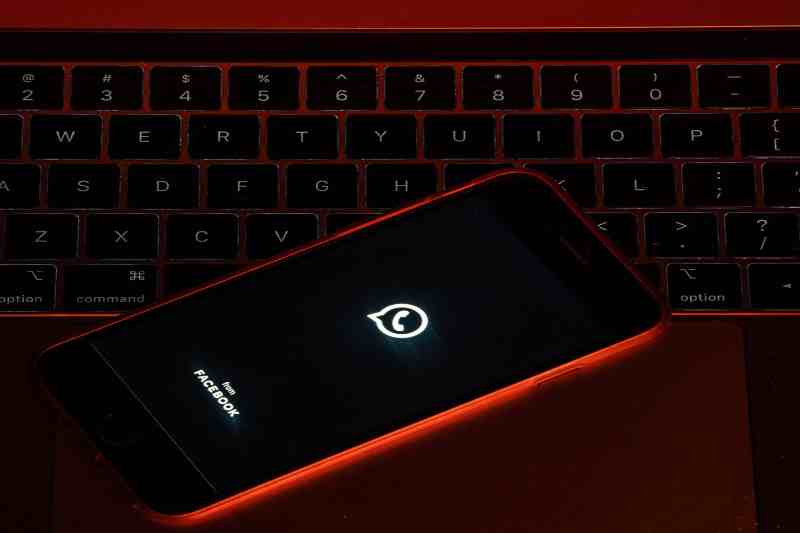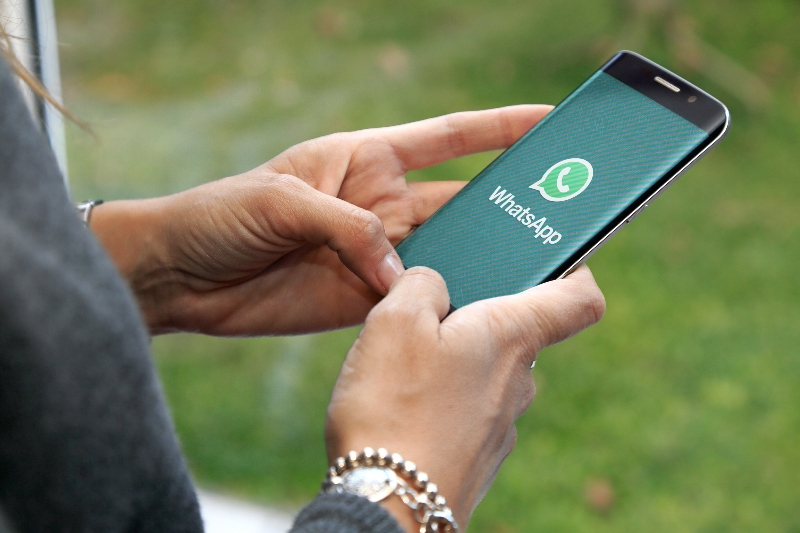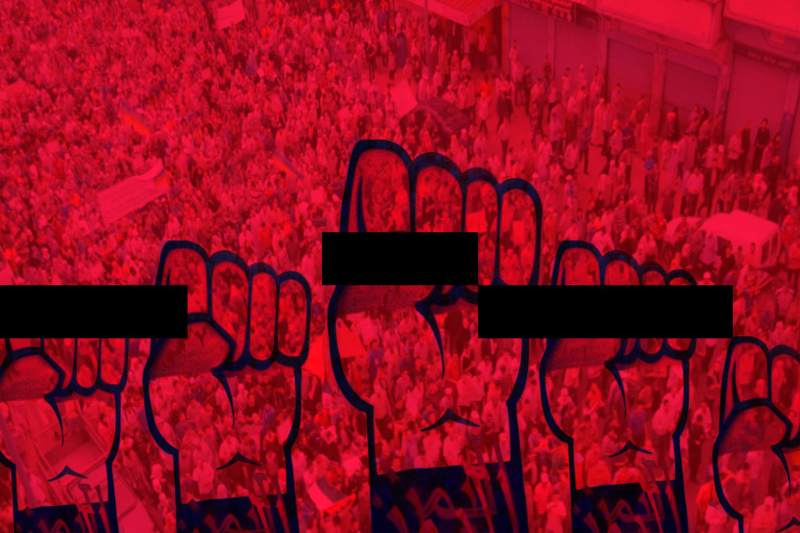
Facebook, step back on WhatsApp privacy after user leak. New rules postponed by 3 months
WhatsApp privacy: Mark Zuckerberg rethinks its last decision. On February 8, there will be no update to the WhatsApp privacy policy that will make the accounts of those who do not accept unusable. The forced sharing of some data with Facebook, which has raised a cloud of controversy worldwide, has been postponed for three months. In a matter of days, rival messaging apps like Telegram and Signal experienced a download boom. Although analysts believe that in key ones WhatsApp is so ingrained that its opponents can’t overthrow it, today, Facebook is in danger of losing ground in some markets
Step back of Mark Zuckerberg’s colossus on the new privacy rules of WhatsApp, which would have forced hundreds of millions of users outside Europe to share their data with the social network Facebook. The news caused the real escape of users attentive to personal privacy to other applications such as Signal, also following endorsements such as that of Elon Musk. And so, everything was postponed to May 15, the date on which you will be asked to review and accept the terms. The decision, the company explains, is linked to the “confusion” that has been created, also because “the latest update does not change anything” of the fundamental concept of the company.
“We are aware that our recent update has created a bit of confusion,” the company wrote. “Since the circulation of incorrect and untruthful information has caused concern, we want to clarify and make sure everyone understands the principles we rely on,” he adds. The application, writes WhatsApp, is based on a simple concept: everything you share with family and friends stays with you. “This means we will continue to protect your conversations with end-to-end encryption.” Affirmed the note. The new business options, adds the messaging service, are “optional” and allow users to exchange messages with companies that use WhatsApp.
WhatsApp is the most used messaging app for chatting. But many have also decided to try Signal, an application that allows you to communicate on iOS and Android. And which, for many, would be the safest app in the industry. Signal managed, in a short time, to sneak between Zuckerberg’s mobile application and Telegram, the other chat alternative to WhatsApp. Signal has several features that WhatsApp lacks: the two apps can coexist within our smartphones thanks to their particular peculiarities.
The apps, both available for iOS and Android systems and in the desktop web version, are similar but have features that allow you to distinguish one or the other in everyday use. Both Signal and WhatsApp can count on an intuitive interface. It doesn’t take much to understand how they work. You can make voice and video calls, create groups, and so on. With WhatsApp, it is possible to create group chats up to 256 users while on Signal we have a maximum of 1,000 users.
With Signal within the groups, it is not possible to see if one of our contacts has viewed a message or to check if he is online while on WhatsApp it is. Signal can count on many animated stickers, while on WhatsApp they have recently been introduced, and the functionality and use are limited. Signal also has an app for iPad and tablets, while WhatsApp does not. Signal can count on timed messages that self-destruct according to an indicated time limit. WhatsApp has recently introduced this function but indicating automatic deletion after seven days.
Since it arrived in the digital stores, Signal has distinguished itself for an important element: putting the users’ safety and privacy first. Before others, it introduced end-to-end encryption, the same available for some years also on WhatsApp. And it allows you to use an option that changes the keyboard in incognito mode, preventing the words used in the chats from being saved from the history of the smartphone or from the application itself.
Of course, WhatsApp has a large pool of users built over the years. Today everyone uses the app to text, and it is easier to get in touch with users via WhatsApp than via Signal, although the recent download boom could unbalance this element. The monopoly on Facebook, Instagram, and WhatsApp is a reality that has been consolidating over the last few years. But this increasingly worries the users interested in knowing how this affects the processing of their data.




